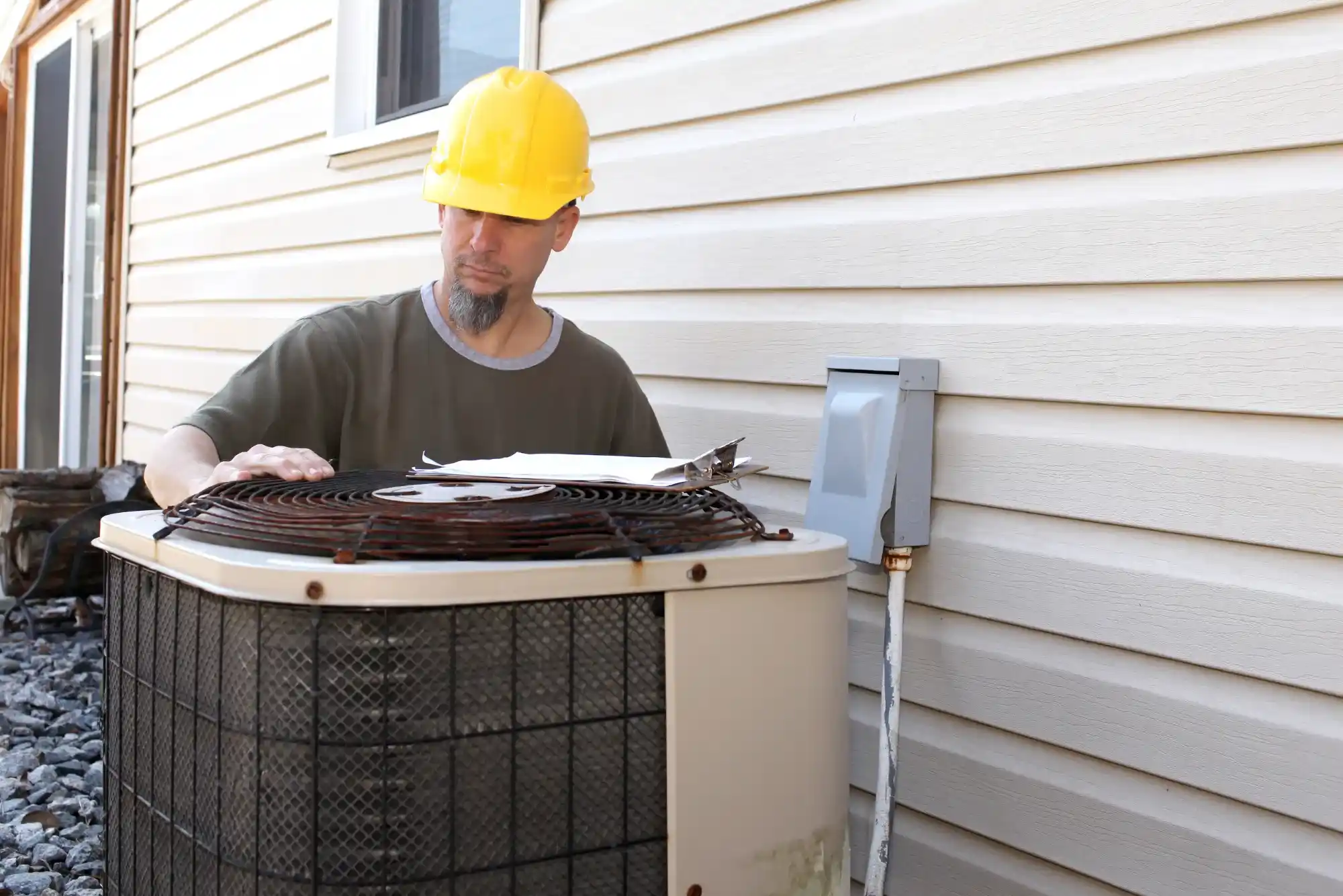An AC compressor is the heart of an air conditioning system, responsible for circulating refrigerant and maintaining cooling efficiency. When it malfunctions, your AC unit may blow warm air, make strange noises, or fail to turn on entirely. Fixing an AC compressor requires identifying the root cause, performing basic troubleshooting, and seeking professional repair services when necessary.
Understanding the Role of an AC Compressor
An AC compressor pressurizes the refrigerant, allowing it to absorb and release heat effectively. Without a functioning compressor, the cooling cycle cannot operate efficiently, leading to discomfort and increased energy bills. Recognizing the symptoms of compressor failure early can prevent costly repairs and extend the lifespan of your air conditioning system.
Common Signs of a Faulty AC Compressor
Several indicators suggest a failing AC compressor. These include:
1. Weak or Warm Airflow
If your air conditioner is running but not cooling the room effectively, the compressor may not be pressurizing the refrigerant properly.
2. Unusual Noises
Grinding, rattling, or clicking sounds often indicate internal component failure, such as damaged bearings or loose parts.
3. Frequent Tripping of the Circuit Breaker
A failing compressor can overload the electrical circuit, causing the breaker to trip repeatedly. This issue requires immediate attention to prevent electrical hazards.
4. AC Unit Not Turning On
If the compressor fails completely, the entire AC system may stop working. This could be due to electrical faults, capacitor issues, or internal mechanical failure.
Troubleshooting an AC Compressor Issue
Before opting for a full replacement, follow these steps to diagnose and potentially fix your AC compressor:
1. Check the Power Supply
Ensure the AC unit is receiving adequate power. Verify that the circuit breaker has not tripped and that the thermostat is set correctly.
2. Inspect the Capacitor
A faulty capacitor can prevent the compressor from starting. If the capacitor appears swollen or burnt, it may need to be replaced.
3. Clean the Condenser Coils
Dirt and debris on the condenser coils can cause the compressor to overheat and shut down. Regular cleaning improves efficiency and prevents overheating issues.
4. Test for Refrigerant Leaks
Low refrigerant levels can strain the compressor. If you suspect a leak, a professional technician should inspect and recharge the system properly.
When to Repair or Replace an AC Compressor?
Determining whether to repair or replace an AC compressor depends on several factors, including the age of the unit, cost of repair, and overall system efficiency.
Factors to Consider Before Repairing
- If the AC unit is relatively new and under warranty, repairing the compressor may be a cost-effective option.
- Minor issues such as capacitor failure or wiring problems can be fixed without replacing the entire unit.
- Consulting a split AC supplier can help assess whether repair is the best solution.
When Replacement is Necessary
- If the compressor has completely failed and the AC unit is more than 10 years old, replacing the entire system may be more cost-effective.
- When multiple components, such as the evaporator coil and compressor, require replacement, investing in a new energy-efficient model can provide long-term savings.
- A trusted AC supplier can recommend suitable replacement options that align with your cooling needs and budget.
Choosing the Right AC Supplier for Repairs and Replacement
A professional AC supplier ensures high-quality components, expert installation, and long-term support. Working with a reputable provider offers several benefits:
- Access to genuine replacement parts and energy-efficient models
- Skilled technicians for accurate diagnostics and repairs
- Warranty-backed services to protect your investment
- Expert advice on selecting the right AC unit for your home or business
Cost and Energy Efficiency Considerations
When fixing or replacing an AC compressor, balancing cost and energy efficiency is crucial. Investing in modern AC systems with advanced technology can lead to significant savings on electricity bills.
Energy-Efficient Features to Consider
- Inverter Technology: Adjusts compressor speed for optimal energy use.
- High SEER Ratings: Indicates better cooling efficiency and reduced power consumption.
- Eco-Friendly Refrigerants: Use of R-32 or R-410A reduces environmental impact.
Long-Term Savings
While repairing an AC compressor may seem like a short-term solution, upgrading to an energy-efficient system can provide better performance and lower operational costs.
For the latest updates and insights on AC technology, visit BBC Blog for expert recommendations and industry news.
Conclusion
Fixing an AC compressor requires a thorough diagnosis, proper troubleshooting, and sometimes professional repair or replacement. Understanding the signs of compressor failure, maintaining your AC unit, and consulting a reliable split AC supplier can help extend your system’s lifespan and ensure efficient cooling. Whether you need a repair or a full system upgrade, partnering with a reputable AC supplier guarantees high-quality service and long-term comfort.




